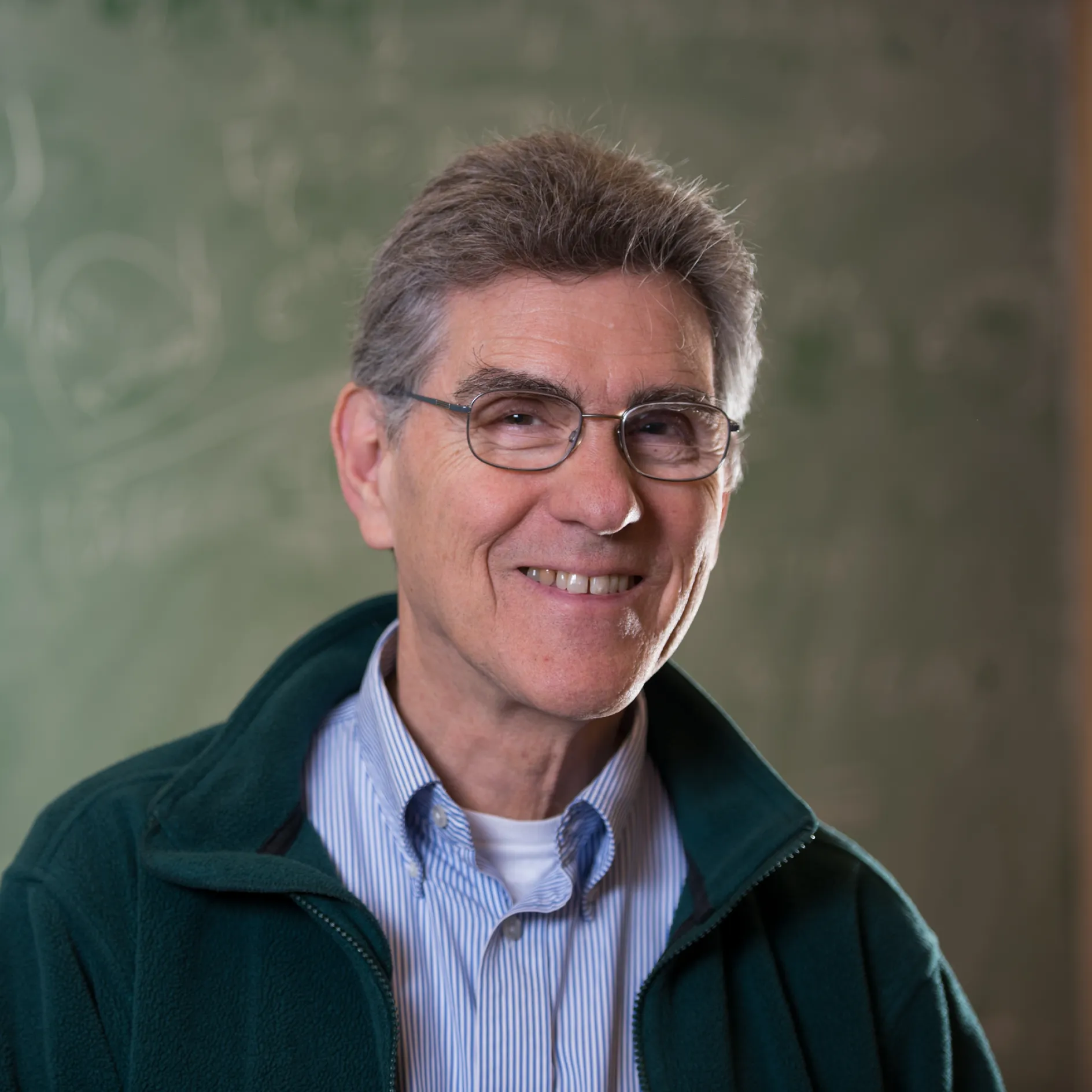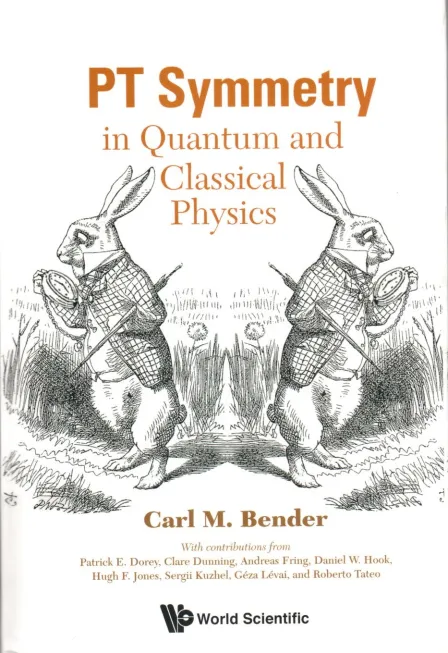Professor Bender's scholarly expertise is in mathematical physics and applied mathematics. He is recognized as an expert on the subject of asymptotic analysis, differential equations, and perturbative methods and their use in solving problems of theoretical physics.
Carl Bender applies the tools of applied mathematics to solve problems in mathematical physics. His past work includes (i) pioneering research on the anharmonic oscillator and studies of coupling-constant analyticity; (ii) development of the field of perturbation theory in large order, (iii) strong-coupling, finite-element, and mean-field approximations in quantum field theory, (iv) development of the field of PT-symmetric quantum mechanics. He has served as the coach at Washington University for the Putnam Mathematical Competition for many years.
Professional History
Postdoctoral Fellow, Institute for Advanced Study, Princeton, 1969-1970
Assistant Professor, M.I.T., 1970-1973
Associate Professor, M.I.T., 1973-1977
Visiting Fellow, Imperial College, London, 1974
Visiting Professor, Imperial College, London, 1986-1987
Visiting Professor, Technion, Haifa, Israel, fall term, 1995
Visiting Professor, Imperial College, London, 1995-1996
Visiting Professor, Imperial College, London, 2003-2004
Professor of Physics, Washington University, 1977 to present
Scientific Consultant, Los Alamos National Laboratory, 1979-present
Visiting Professor, Mathematics Department, Imperial College, London, 2006-2011
Joint Professor of Physics, University of Heidelberg, 2008-2012
Visiting Professor, King's College, London, 2011 to present
International Professor of Physics, University of Heidelberg, 2012-present
Visiting Professor, Department of Mathematical Sciences, City University London, 2013-2015





